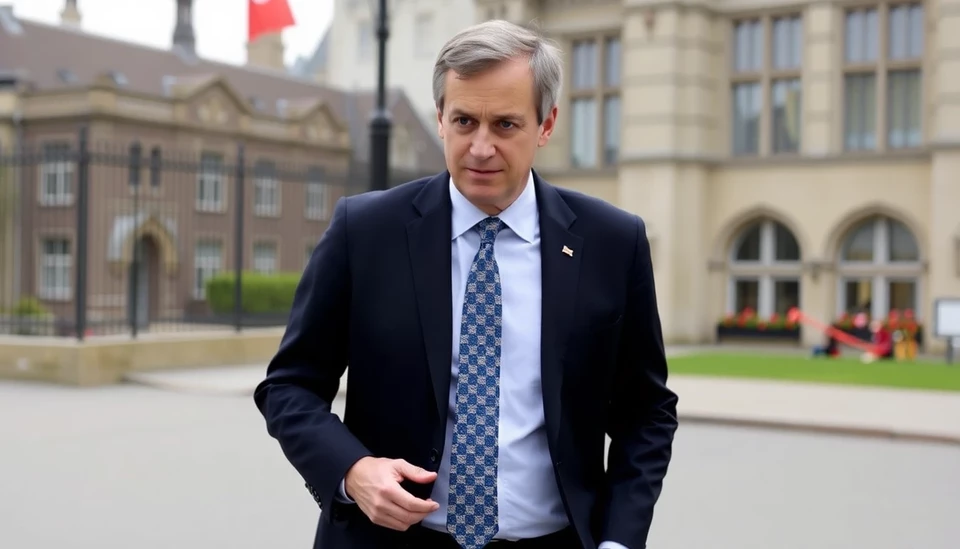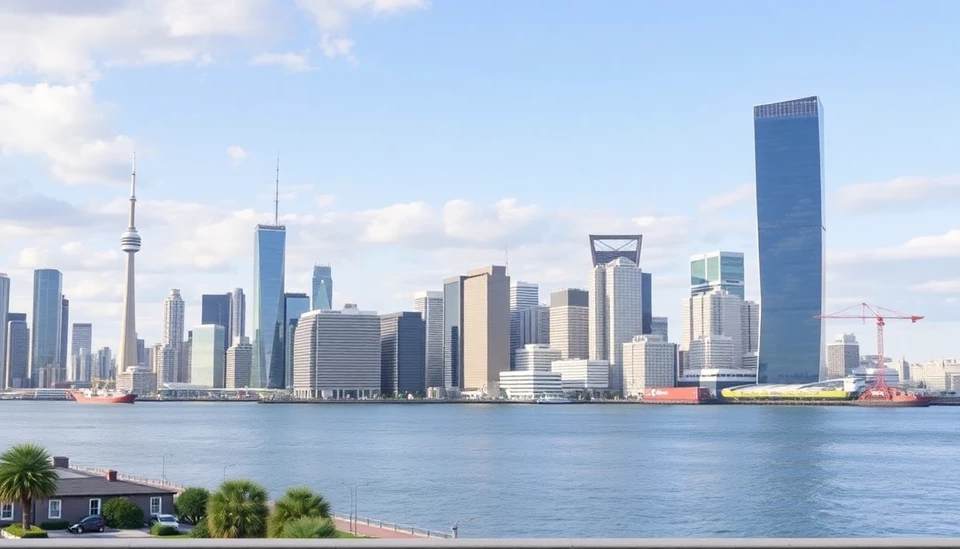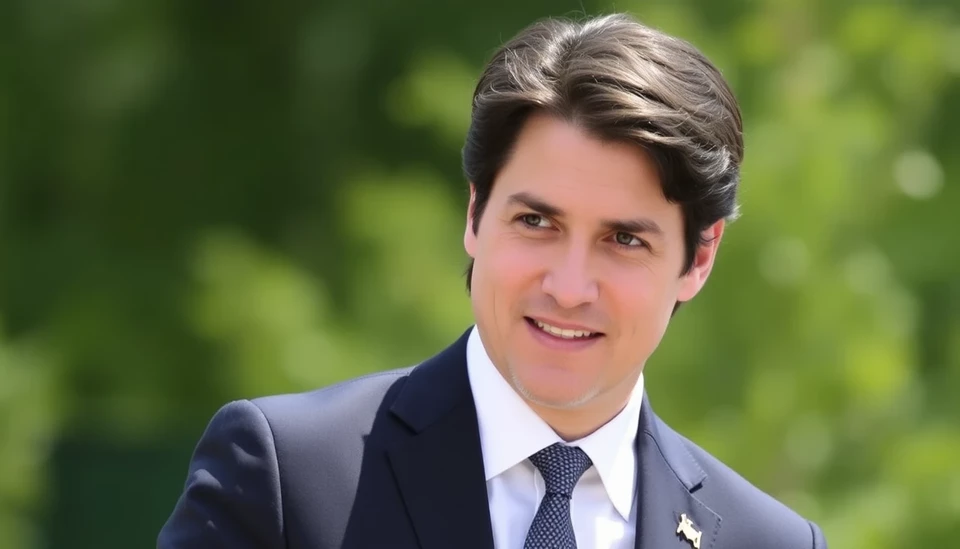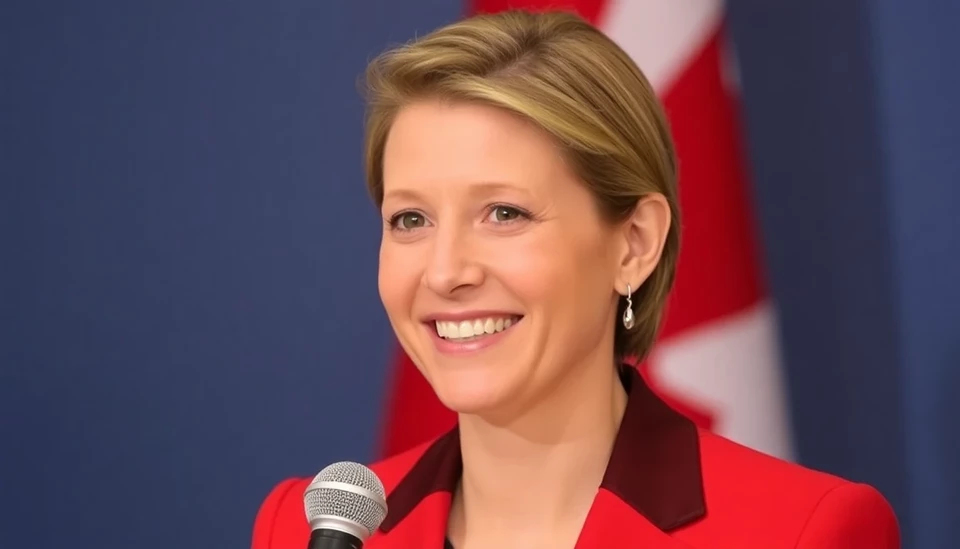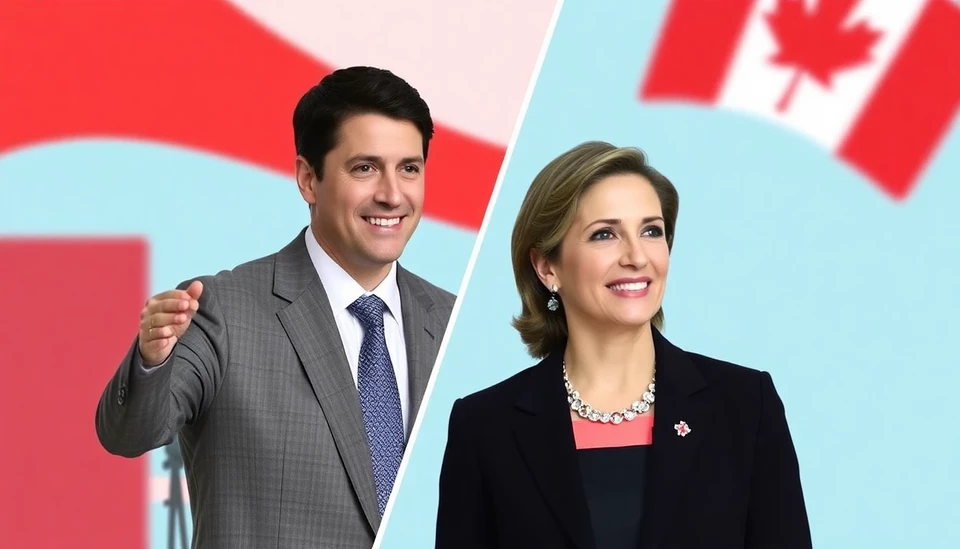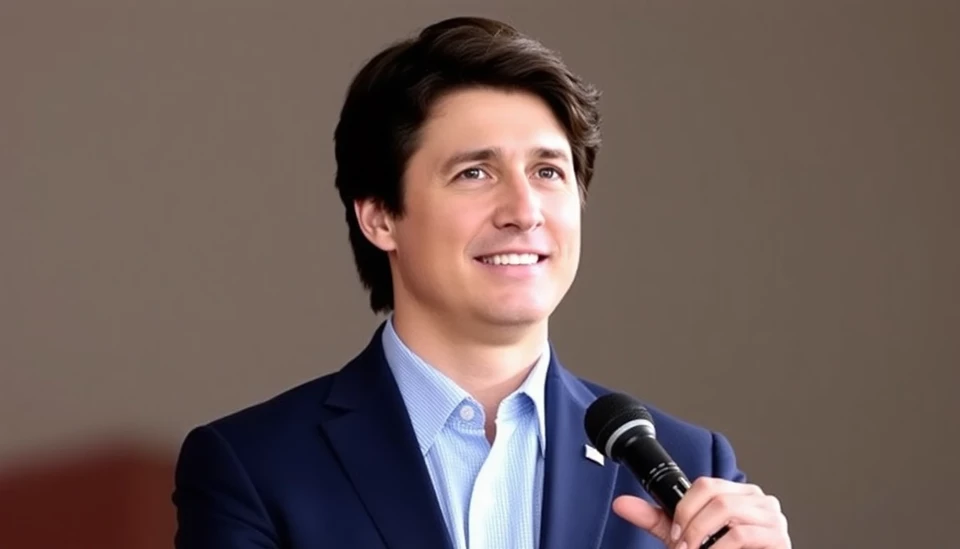
In a surprising political shift, Prime Minister Justin Trudeau has officially announced his resignation after nine years at the helm of Canadian politics. This decision, which comes as a response to growing dissent within his own Liberal Party, marks the end of an era that has been characterized by a mixture of progressive policies and mounting challenges.
The announcement took place during a press conference where Trudeau expressed his gratitude for the opportunities he had to serve the country but acknowledged that the time had come for new leadership. “Politics is a constantly evolving landscape, and it’s essential for a party to adapt and renew itself regularly,” Trudeau stated, reflecting on the need for the Liberals to regain their footing amid dwindling public support.
Over the past months, Trudeau has faced intense scrutiny, not only from opposition parties but also from within his ranks. Discontent among Liberal members has been palpable, with rising calls for a leadership change aimed at revitalizing the party's image and re-engaging the electorate. Significant dissatisfaction regarding Trudeau’s handling of several key issues, including the economy and climate change, has contributed to this growing rift.
The Liberal Party’s internal strife reached a boiling point following a series of poor polling results, which indicated a potential loss of power in the coming elections. Citing a desire to unify and strengthen the party, senior officials encouraged Trudeau to step back, leading to an eventual agreement that prompted his unexpected resignation.
As Trudeau vacates his position, questions arise regarding the future leadership of the Liberal Party. Speculation is rife concerning potential successors, with numerous names circulating as frontrunners. Political analysts predict a tumultuous transition as the party navigates both the leadership selection process and aims to solidify its platform for the next electoral battle.
This resignation not only reshapes the Liberal Party's immediate future but also has broader implications for Canadian politics. Trudeau's departure could pave the way for a shift in voter dynamics, possibly impacting the upcoming elections as the Conservatives and other opposition parties seek to capitalize on the Liberal Party's instability.
Despite the challenges that led to his resignation, Trudeau’s legacy includes significant achievements in areas such as healthcare, social justice initiatives, and international relations. However, the label of a leader unable to effectively address pressing domestic issues may overshadow these accomplishments in historical assessments of his time in office.
In the coming days, Trudeau’s resignation will undoubtedly dominate headlines as both supporters and critics reflect on his impact on Canadian politics. As the Liberal Party embarks on the search for new leadership, the political landscape of Canada stands poised for change, exciting both political observers and the general public alike.
With many uncertainties ahead, it will be critical for the new leader to address internal party dynamics and reconnect with voters, hoping to regain trust and stabilize the Liberals in a competitive political environment.
#JustinTrudeau #LiberalParty #CanadianPolitics #Resignation #LeadershipChange #PoliticalNews
Author: Laura Mitchell
